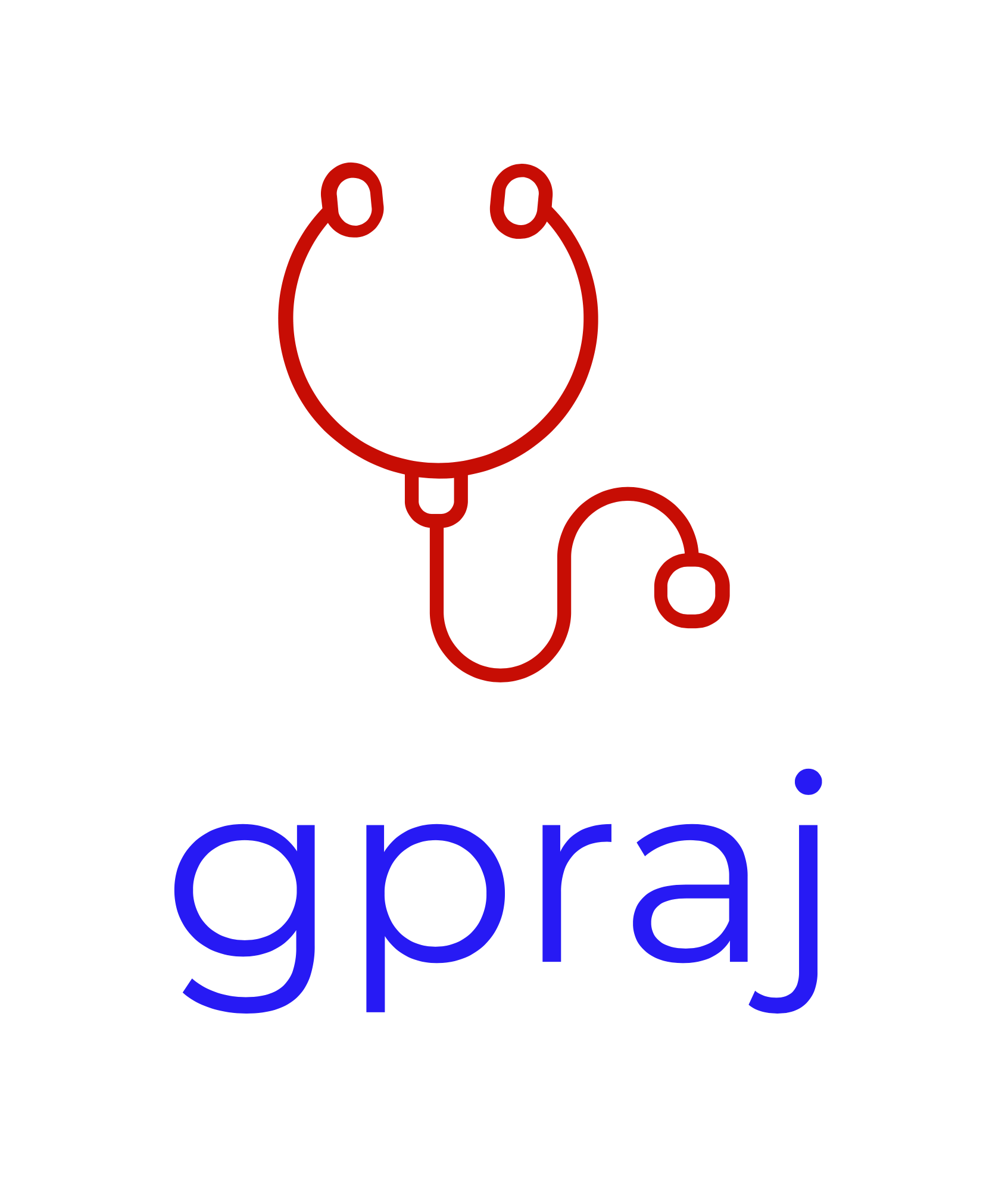Patient Group Directions and Patient Specific Directions in General Practice
A GP can instruct a non-prescribing health care professional (such as a practice nurse or other registered practitioners) to supply/administer a prescription only medicine (POM) via:
A signed prescription by a (prescribing) practitioner
A patient group direction PGD
A signed patient specific direction PSD
A nurse who is not a prescriber is not permitted to supply/administer POMs without a signed prescription by a practitioner, PGD or signed PSD [The Human Medicines Regulation 2012].
However, a nurse independent prescriber is able to supply any POM for any medical condition within their competence and do not require a PGD or PSD [The Human Medicines Regulation 2012].
A healthcare assistant (HCA) can only administer POM if it is via a signed prescription or signed PSD.
Patient Group Direction (PGD)
A written direction that allows the supply/administration of a specified medicine(s) by named health professionals to a well-defined group of patients requiring a treatment for a specific condition without the need for a prescription/instruction from a prescriber.
PGDs are drawn up, and signed by, a multi-disciplinary group (doctor, dentist, pharmacist etc).
PGDs can only be approved by certain bodies (e.g. CCGs, NHS England).
The specified health professionals who may administer medicines under PGD are: non-prescribing nurses, midwives, health visitors, optometrists, pharmacists, chiropodists, radiographers, orthoptists, physiotherapists, ambulance paramedics, dieticians, occupational therapists, speech and language therapists, prosthetists, orthotists, dental hygienists/therapists.
Healthcare assistants cannot supply medicines under PGD as HCAs are not registered healthcare professionals.
The specified health professional working within the PGD is responsible for assessing that the patient fits the criteria set out in the PGD.
Examples of PGD
NHS Immunisation service
NHS travel health
NHS Family Planning services
PGDs cannot be used for private services; for example, a PSD is required for private travel vaccination treatment)
Patient Specific Direction (PSD)
A written instruction from a doctor, dentist or other non-medical prescriber for a medicine to be supplied/administered to a named patient after the prescriber has individually assessed that patient.
A written direction is recorded in the patient’s notes or inpatient medicine chart.
PSD must be written and signed (by hand or electronically) by the prescriber.
PSD instructions to supply/administer the medicine can be carried out by the non-prescribing practice nurse or another competently trained health care professional, such as healthcare assistant.
Drug specified in a signed letter from secondary care (e.g. clexane, zoladex) may be regarded by the nurse as a PSD. The nurse must be satisfied that the letter contains sufficient details for the drug and dosage.
Private travel vaccinations require a PSD.
